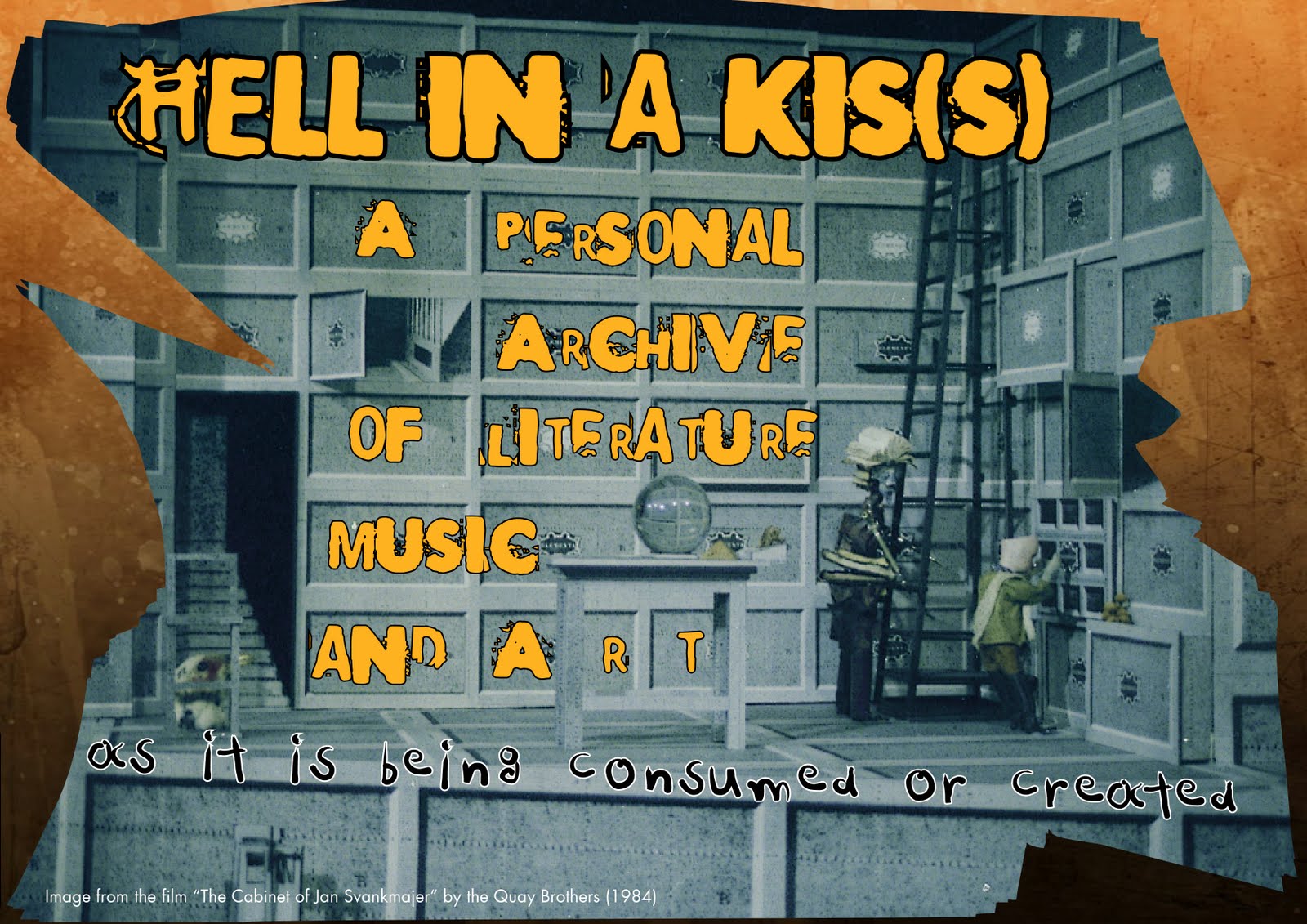Richard Thompson is one of the greatest cartoonists of our time. This short video presentation celebrates the work of this extraordinary artist whose wit, sharp eye for detail and in depth understanding of children's and adults' behavior in the world we live in, will never cease to amaze and entertain us.
The Art of Richard Thompson from GVI on Vimeo.
